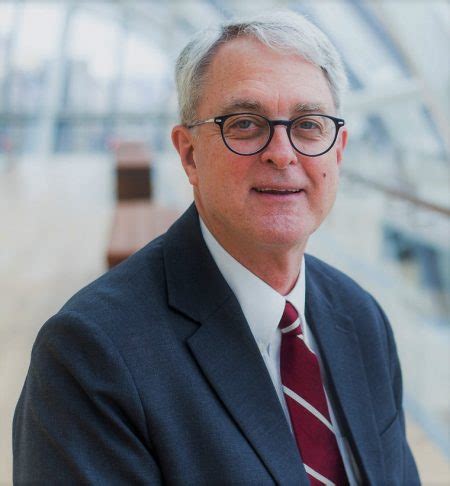A Quote by Joaquin Phoenix
My parents were just searching for an alternative way of raising their children.
Related Quotes
Searching for money, what are you really searching? You are searching power, you are searching strength. Searching for prestige, political authority, what are you searching? You are searching power, strength - and strength is all the time available just by the corner. You are searching in wrong places.
As parents, we can do a great deal to further this goal by helping our children develop alternative ways of knowing the world verbally/analytically and visually/spatially. During the crucial early years, parents can help to shape a child's life in such a way that words do not completely mask other kinds of reality. My most urgent suggestions to parents are concerned with the use of words, or rather, not using words.
Love involves more than just feelings. It is also a way of behaving. When Sandy said, "My parents don't know how to love me," she was saying that they don't know how to behave in loving ways. If you were to ask Sandy's parents, or almost any other toxic parents, if they love their children, most of them would answer emphatically that they do. Yet, sadly, most of their children have always felt unloved. What toxic parents call "love" rarely translates into nourishing, comforting behavior.
What parents said they valued most were discussions with teachers and heads, and what they wanted was more descriptive information in their children's school reports. This is particularly true for primary schools. Parents wanted to know much more than just how their children were doing academically.
A child is not a Christian child, not a Muslim child, but a child of Christian parents or a child of Muslim parents. This latter nomenclature, by the way, would be an excellent piece of consciousness-raising for the children themselves. A child who is told she is a 'child of Muslim parents' will immediately realize that religion is something for her to choose -or reject- when she becomes old enough to do so.
Some parents were awful back then and are awful still. The process of raising you didn't turn them into grown-ups. Parents who were clearly imperfect can be helpful to you. As you were trying to grow up despite their fumbling efforts, you had to develop skills and tolerances other kids missed out on. Some of the strongest people I know grew up taking care of inept, invalid, or psychotic parents--but they know the parents weren't normal, healthy, or whole.
The only acceptable way to solve ecological problems is if you can persuade people to have fewer children. In the Victorian times, there were families of 15 children. Someone like Edward Lear, he was the last of 21 children. And so what we have to think about is offering people the alternative choice. And in the West, that's what's happening. The birth rate has been dropping steadily and still is. I'm wanting human beings to be better off so they don't view children as an insurance for the future.
Parents still have primary responsibility for raising children, but they must have the power to do so in ways consistent with their children's needs and their own values.... We must address ourselves less to the criticism and reform of parents themselves than to the criticism and reform of the institutions that sap their self-esteem and power.
Westerners often laud their children as 'talented' or 'gifted', while Asian parents highlight the importance of hard work. And in fact, research performed by Stanford psychologist Carol Dweck has found that the way parents offer approval affects the way children perform, even the way they feel about themselves.
You must learn to look at people who are angry with you straight in the eye without getting angry back. When children see their parents treating them this way, they then recognize the parents' authority. It speaks louder than words. Their new respect for the parents is as good for them as it is for the parents. It never works to demand respect of children. It must be given willingly as a result of strength of good character in the parents, which is manifested by their non-reaction to stress in the children.
Modern children were considerably less innocent than parents and the larger society supposed, and postmodern children are less competent than their parents and the society as a whole would like to believe. . . . The perception of childhood competence has shifted much of the responsibility for child protection and security from parents and society to children themselves.
The poor, and especially poor people of color, don't have the luxury of raising 'free-range' children without risking severe consequences. Parents of color don't receive a visit and a warning if their children are found playing alone; they are immediately blamed and far more likely to be arrested or lose custody of their children.




































